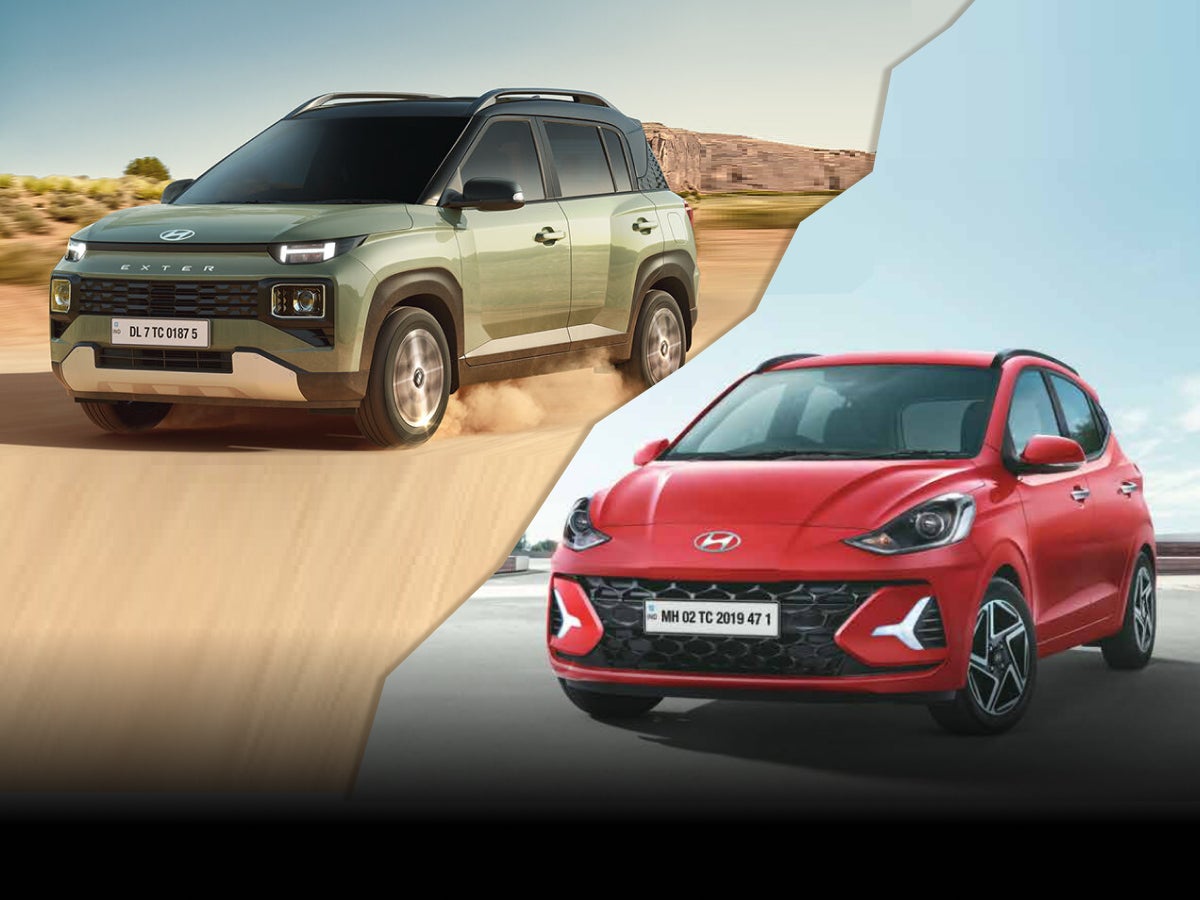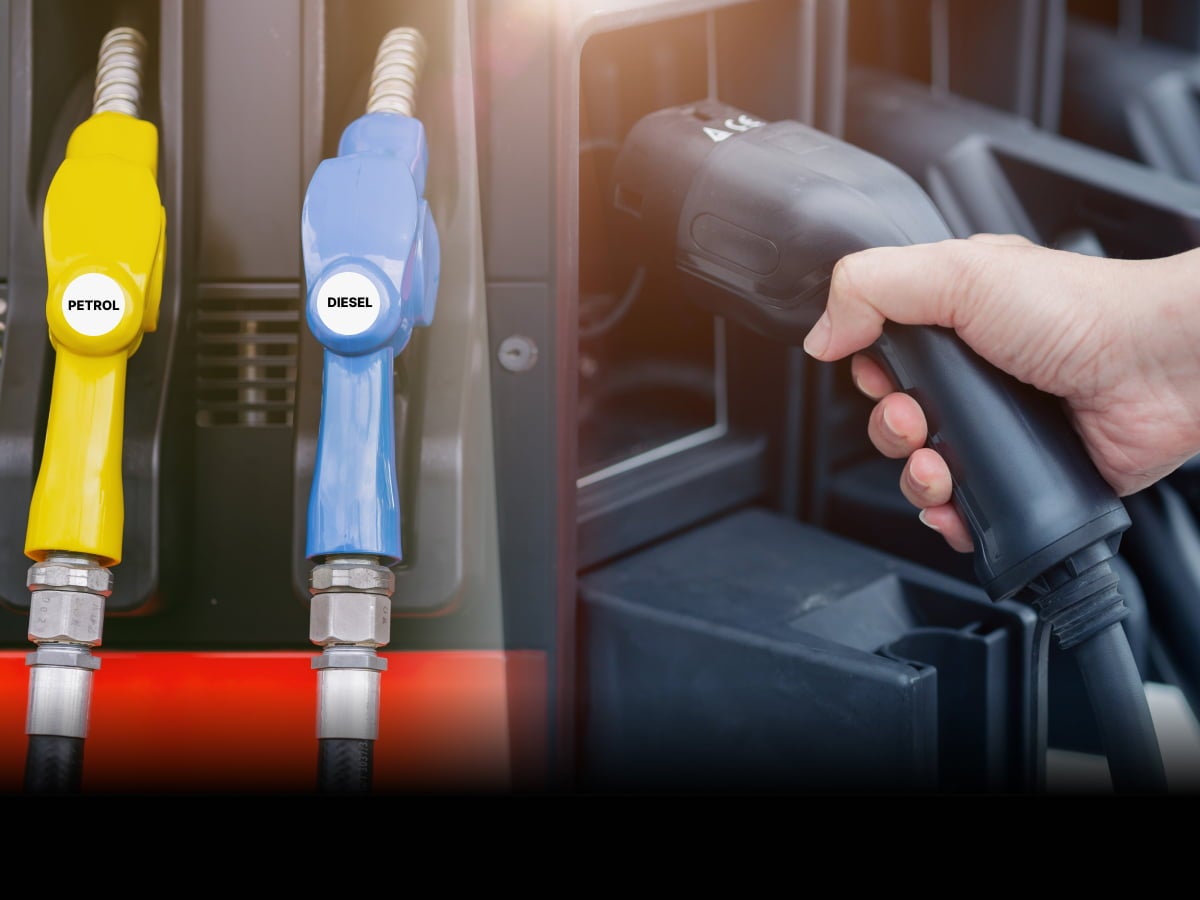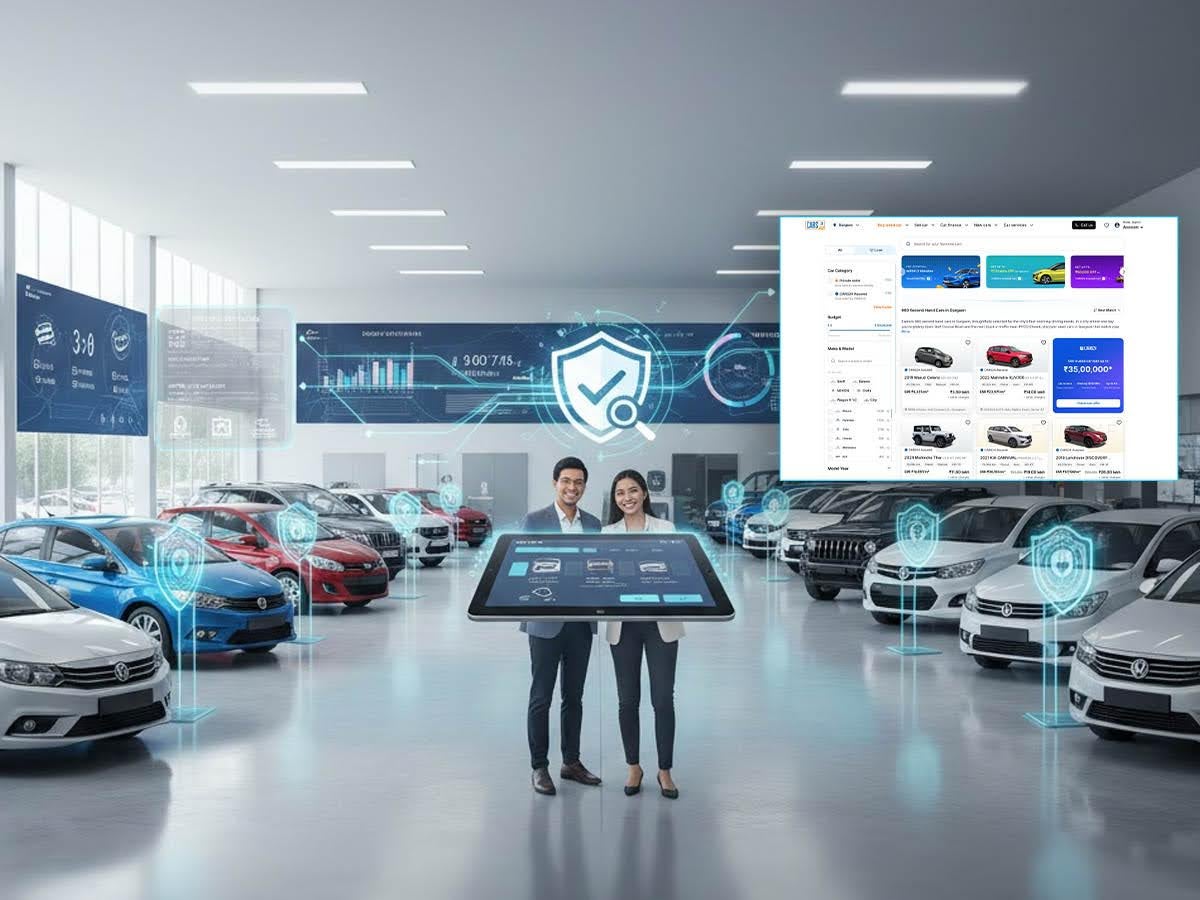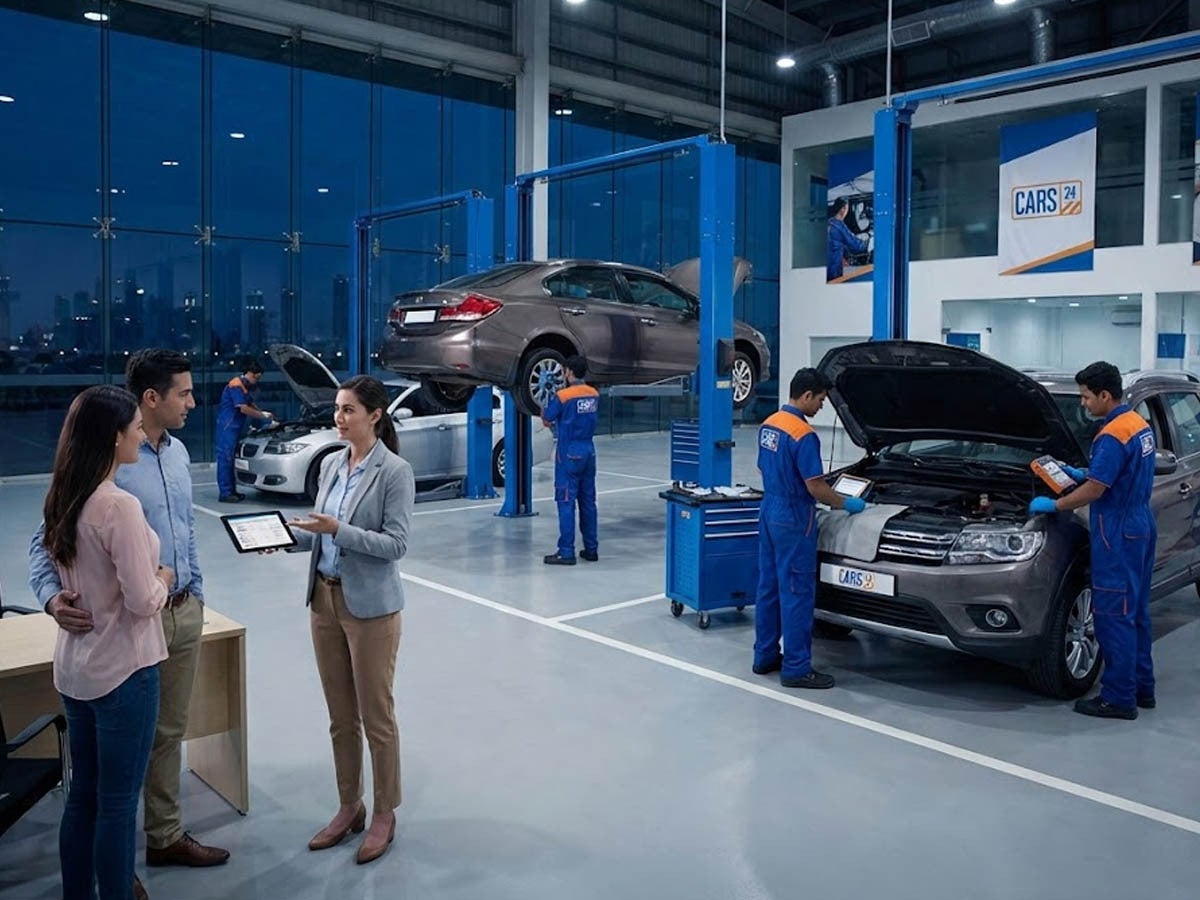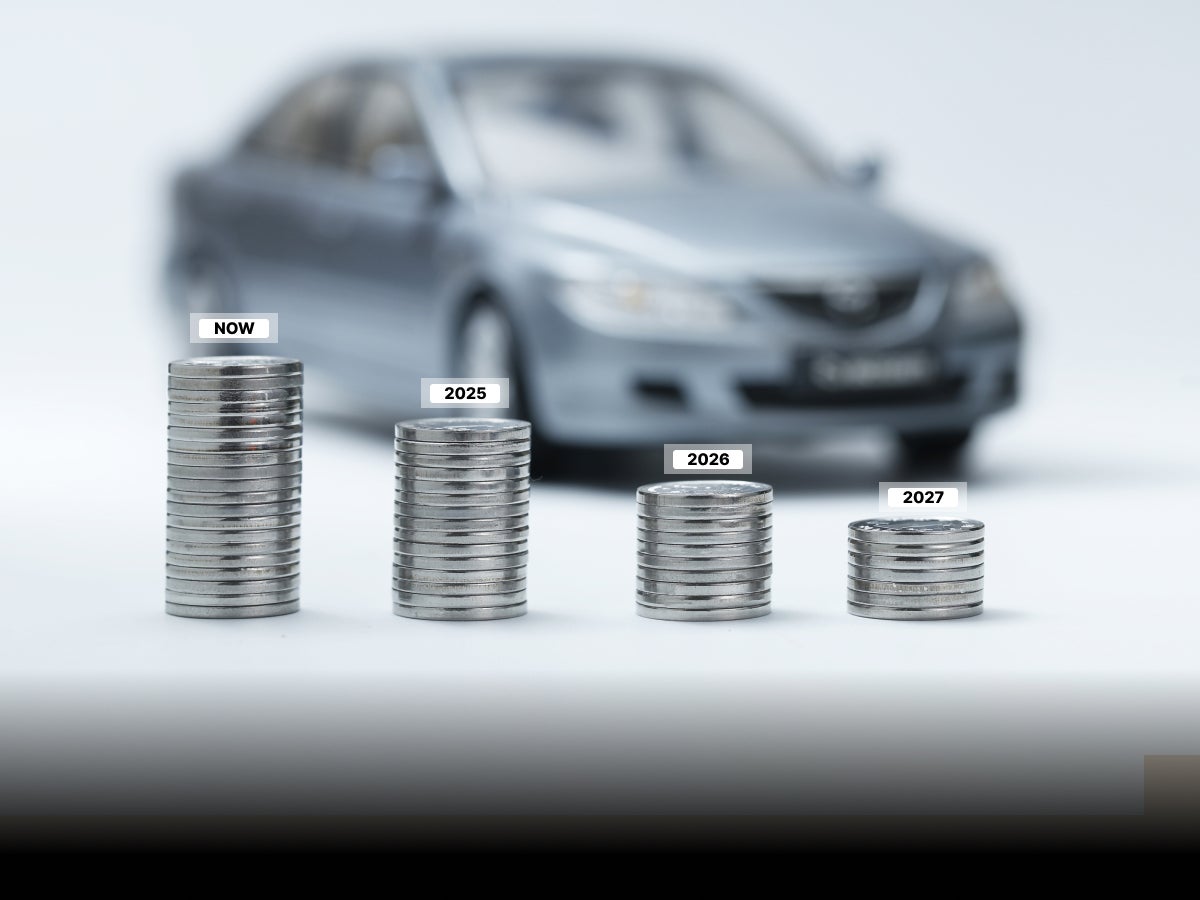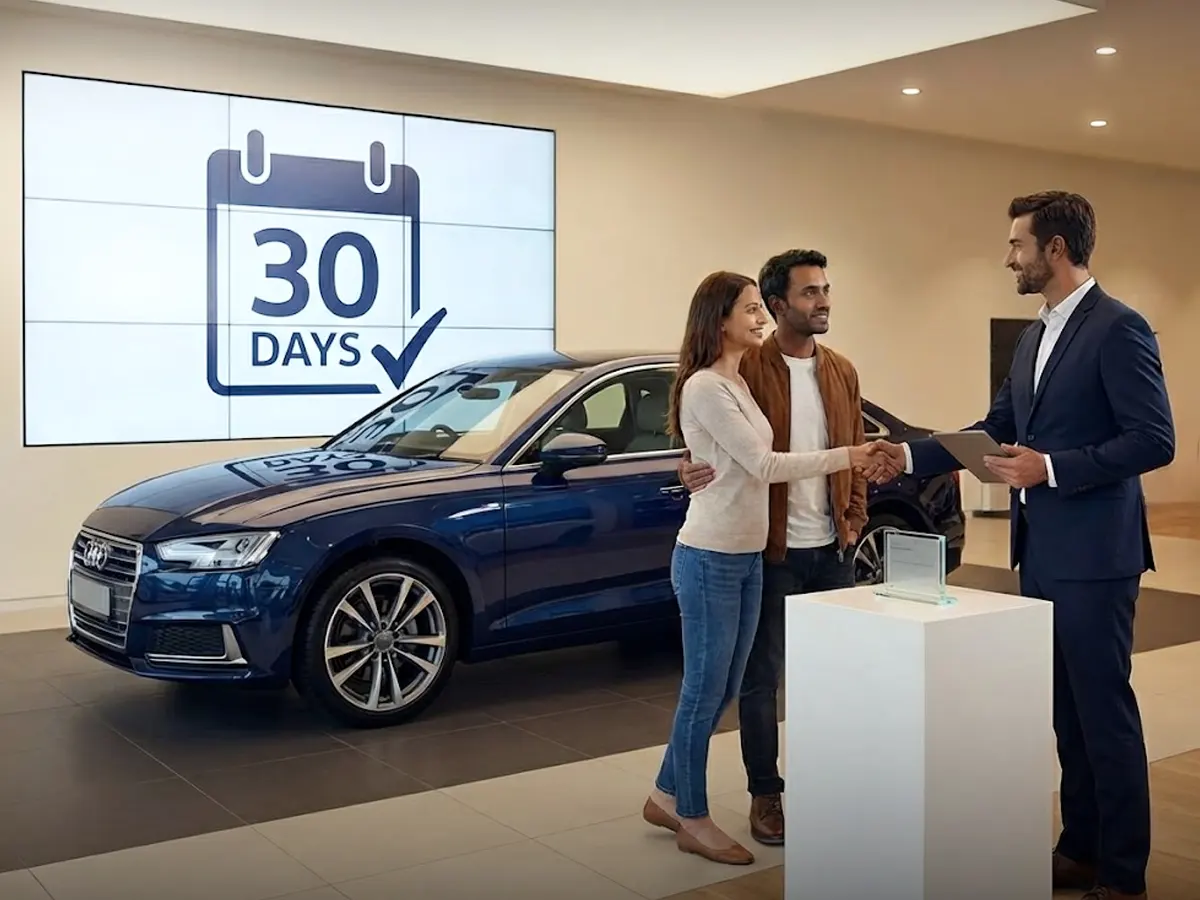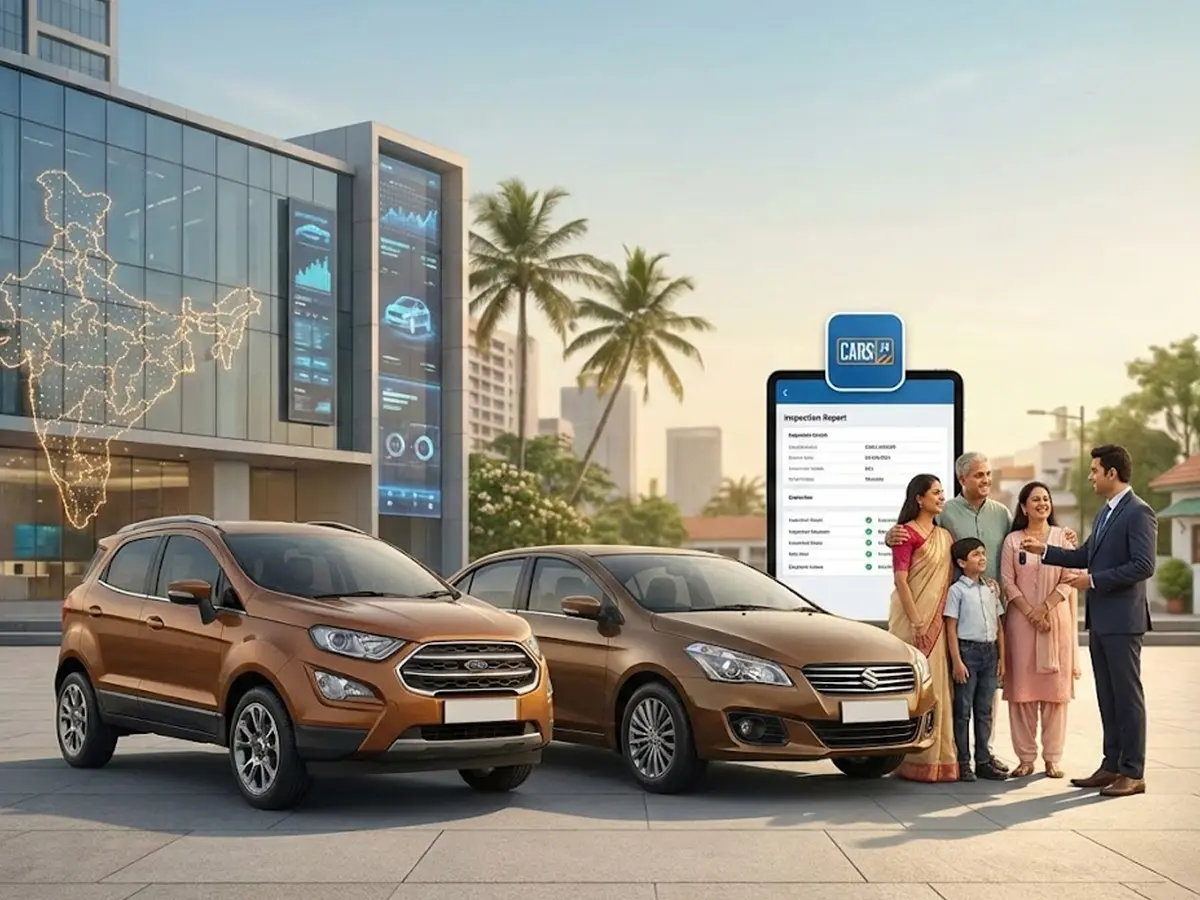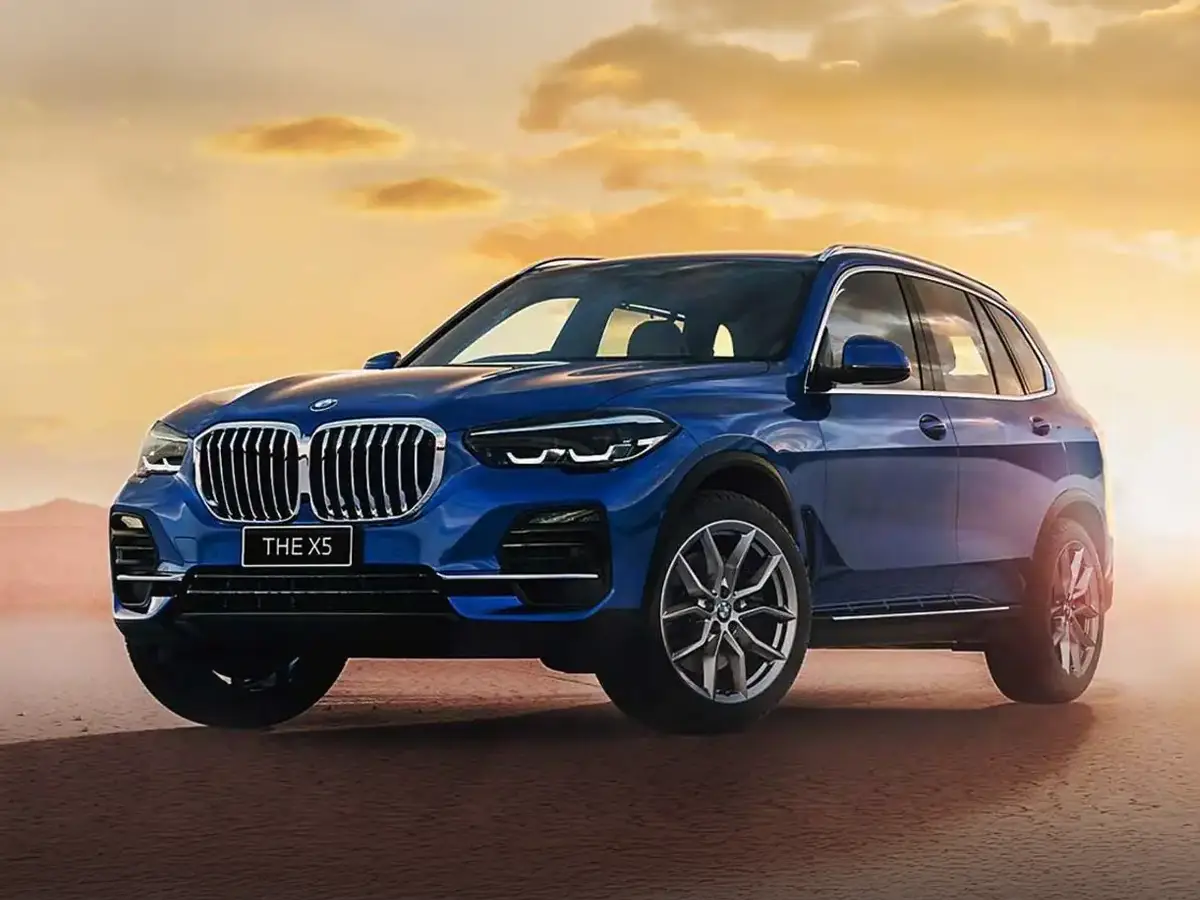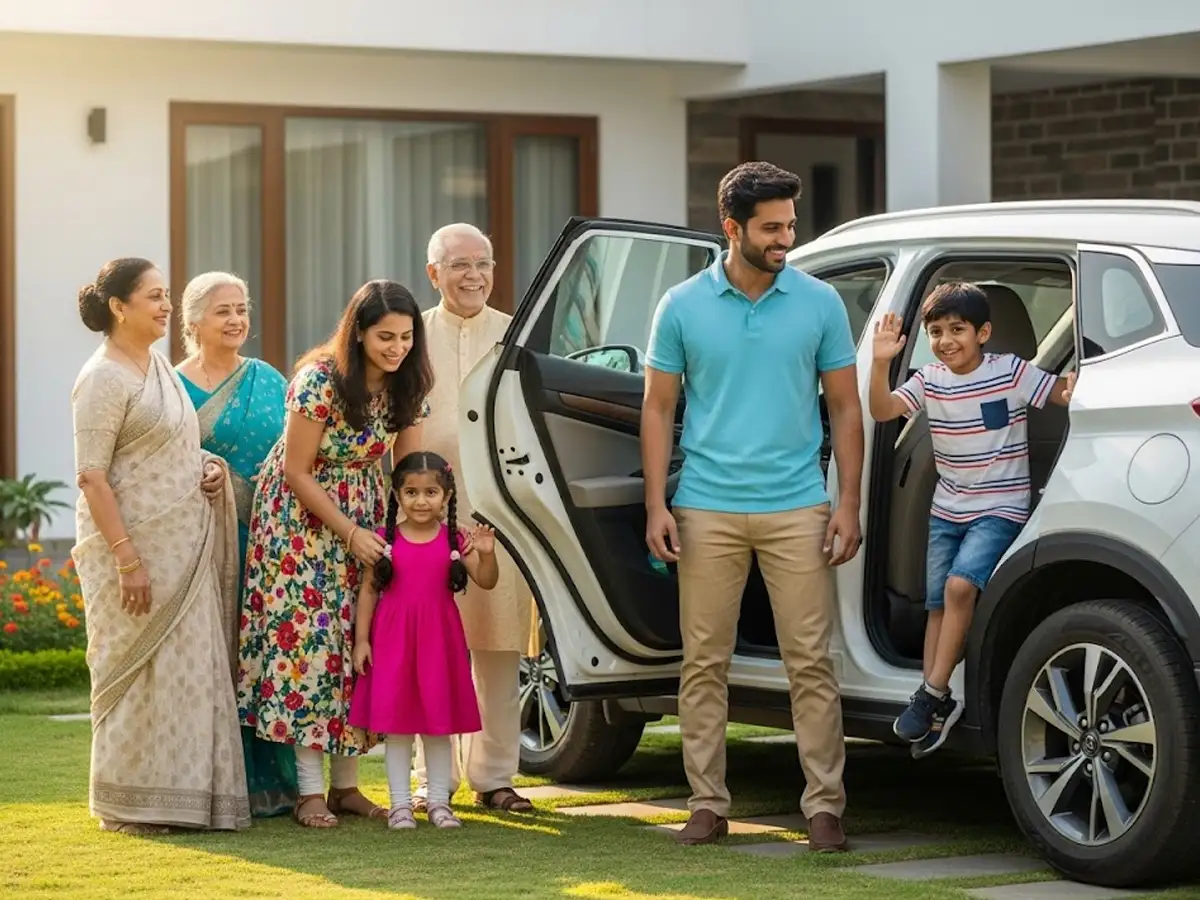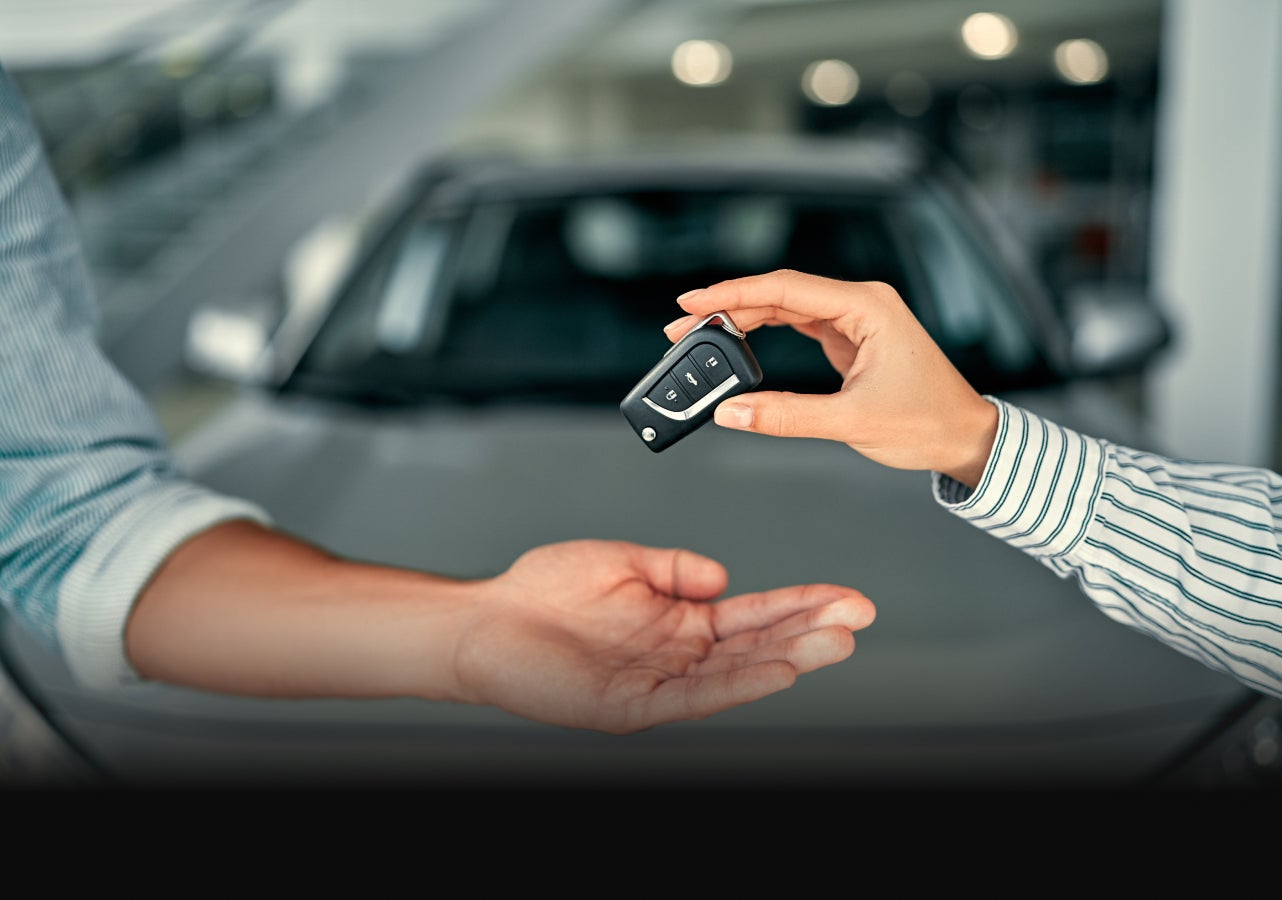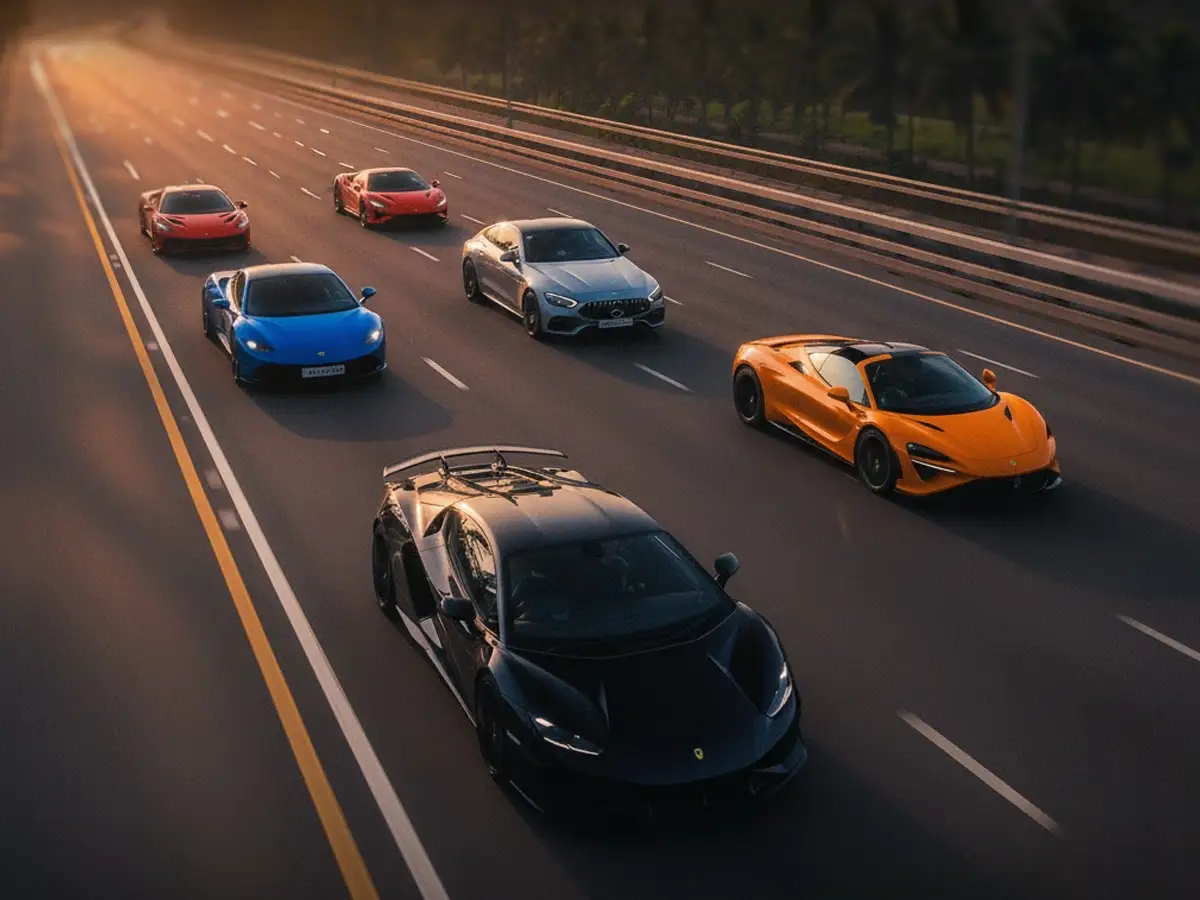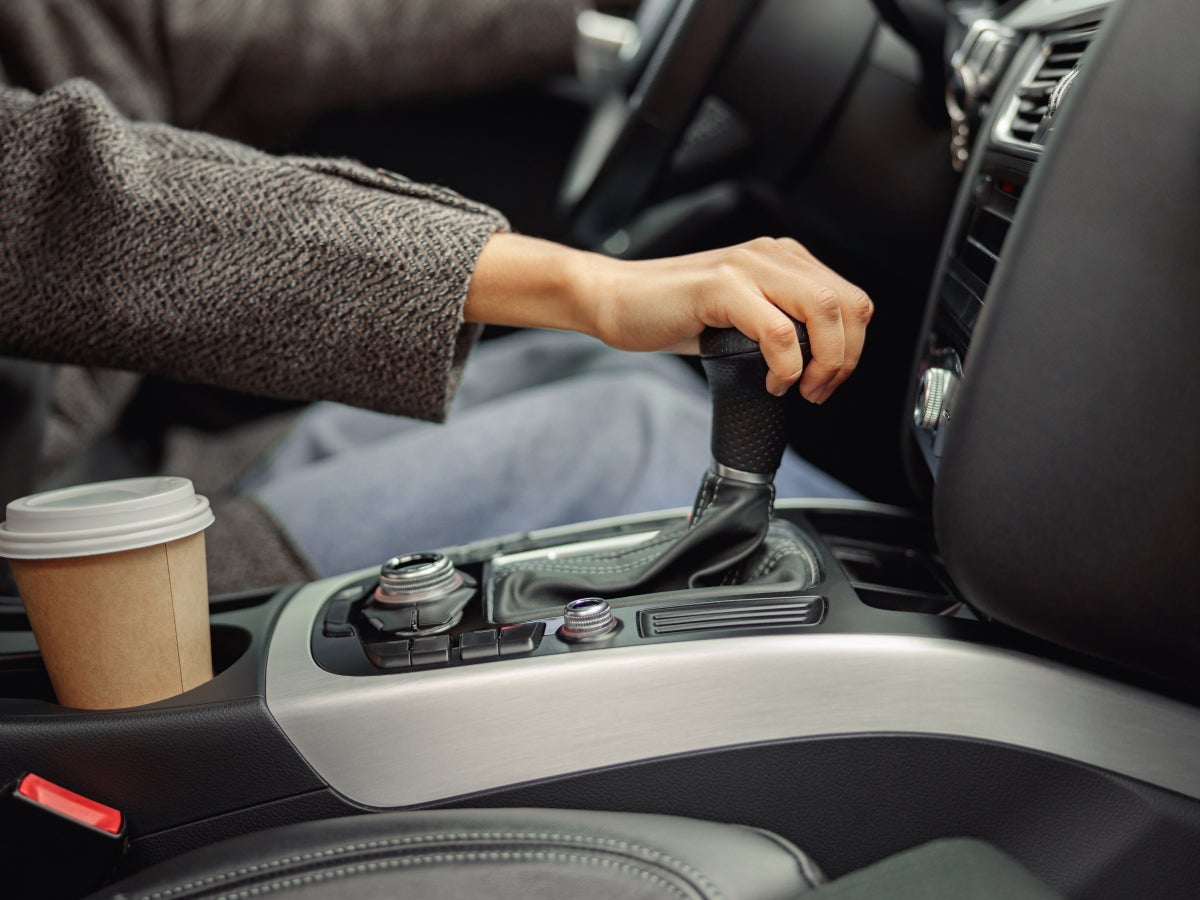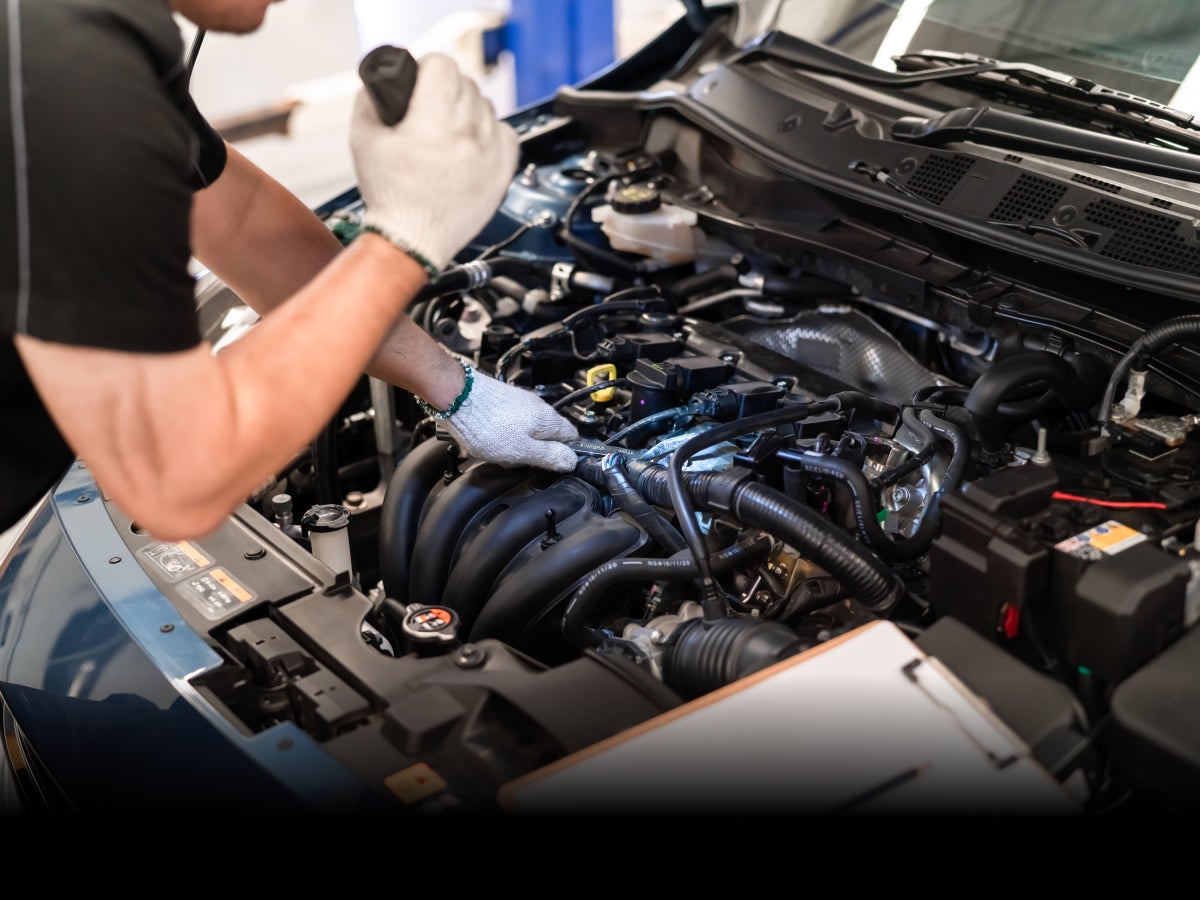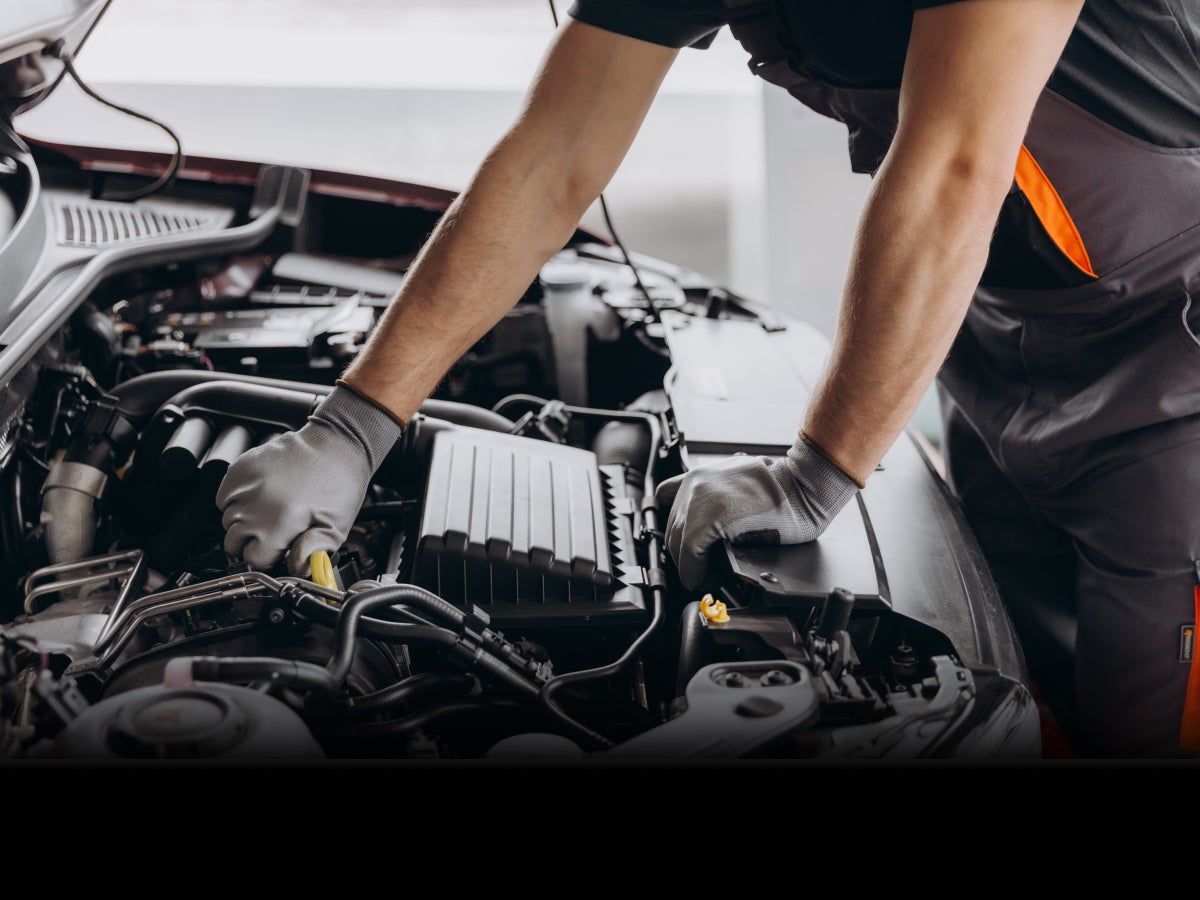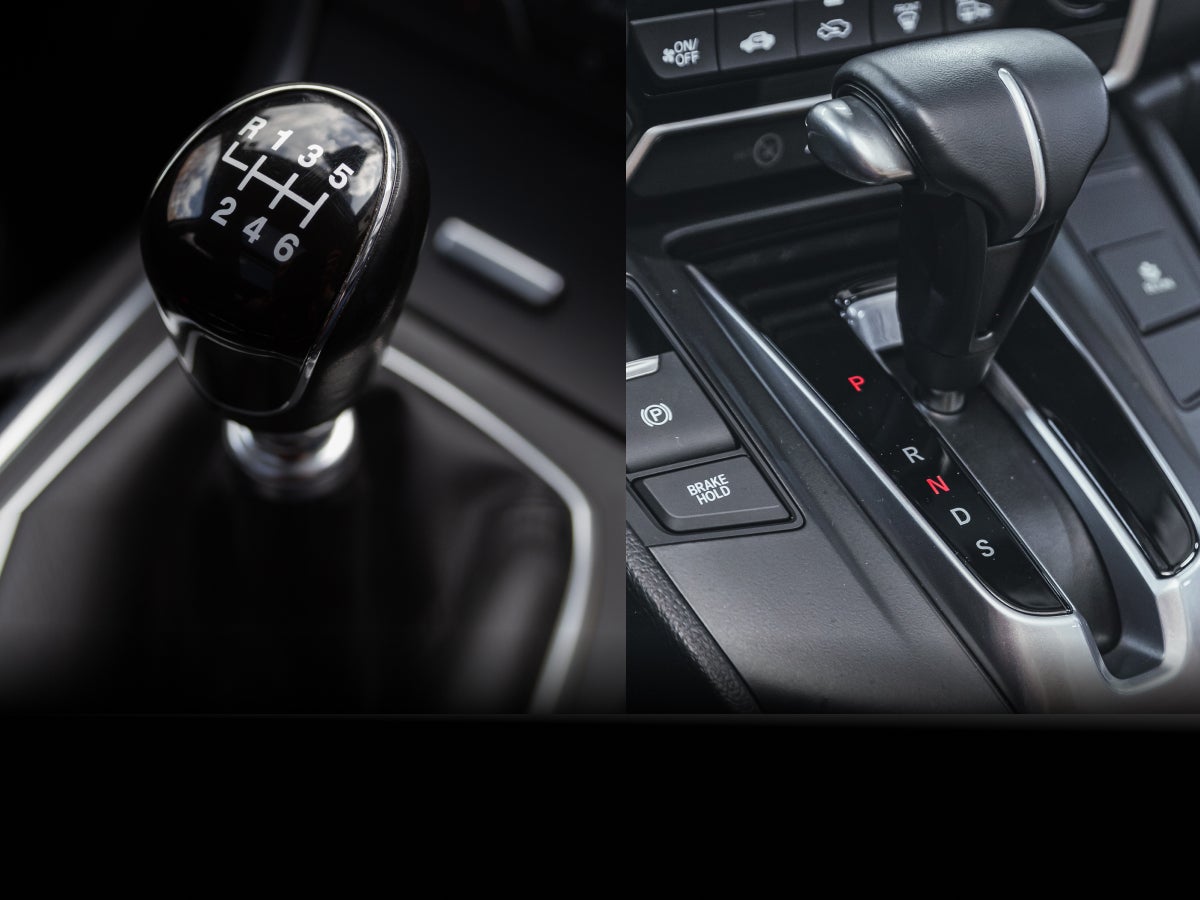

Automatic Vs Manual – Which Transmission Is Better For Beginners?
- 1Nearly every car manufacturer has automatic transmission-equipped vehicles on offer
- 2Manual transmissions offer beginner drivers more car control
- 3CVTs, torque converters, AMTs and DCTs are sub-genres of auto transmissions
- Differences Between Automatic And Manual Cars
- Pros And Cons Of Automatic Cars For Beginners
- Pros And Cons Of Manual Cars
- Fuel Efficiency – Which Is Better?
- Maintenance And Repair Costs
- Resale Value:
- Driving Conditions And Preferences
- Should Beginners Choose Automatic Cars?
- Should Beginners Choose Manual Cars?
- Different Types Of Automatic Transmissions
- Future Trends
- Conclusion
One of the biggest decisions for a beginner driver to make is whether you should buy a vehicle with a manual or automatic transmission. A number of manufacturers offer both options on their models, and each have their strengths and weaknesses. As a beginner driver, which one to choose depends entirely on the driver’s comfort, the driving environment, and personal preferences. In this guide, we will run through everything there is to know about the two transmissions: their pros and cons, how they affect your daily driving, the impact on fuel efficiency, and a lot more.
Become a part of the official CARS24 auto community; AUTOVERSE, where we host lively auto discussions, updates, and more.
Differences Between Automatic And Manual Cars
Getting to grips with the fundamentals of the two main types of car transmissions is key to making a decision.
Transmission Type:
- Automatic: Gear changes are handled by the car itself without driver intervention.
Manual: The driver must manually change gears using a clutch pedal and gear shifter.
Driving Complexity:
- Automatics are simpler, as there’s no need to coordinate clutch and gear shifts.
Manuals require greater skill and attention to manage clutch timing and gear changes.
Cost:
- Automatics are generally more expensive to buy and maintain.
Manuals are more affordable upfront and have lower repair costs.
For someone who is getting to grips with life behind the wheel, the additional task of changing gears manually can understandably get overwhelming. In this case, an automatic transmission is preferable. However, some beginner drivers may also enjoy the feeling of the extra control that manual gear shifts afford, in which case an automatic transmission would end up diluting the driving experience.
Pros And Cons Of Automatic Cars For Beginners

The convenience that an automatic transmission brings to beginner drivers is undeniable. But there are other advantages and disadvantages to keep in mind.
Pros
- Ease of use: No clutch to operate, making it beginner-friendly. It also affords a smoother driving experience, especially in stop-and-go traffic.
- Focus on the road: Not having to manually change gears gives less experienced drivers time to focus on steering, braking, and navigating.
- Popularity: An increasing number of manufacturers, like Tata, Mahindra, Maruti Suzuki, Hyundai, and more, are equipping their vehicles with automatic transmission options.
- Resale value: Growing demand for automatics often leads to better resale prices.
Cons
- Higher costs: Automatics are costlier to purchase and maintain. Repairs for automatic transmissions can be complex and expensive.
- Fuel efficiency: Traditionally less fuel-efficient than manuals, although modern automatics are narrowing the gap.
- Driving feel: Automatics aren’t as engaging to drive as manuals. For beginners that enjoy being in complete control of the driving experience, this can be a deal-breaker for some.
Pros And Cons Of Manual Cars

A manual transmission is a great option to consider if a beginner wants more control while driving. Additionally, there are some points to consider.
Pros
- Cost-effectiveness: Manual cars are cheaper purchase price and lower maintenance costs. Ideal for budget-conscious beginners.
- Control: Greater control over the car's power and acceleration. If you’re a beginner driving in hilly areas where gear control is crucial, a car with a manual transmission is ideal.
- Learning value: Driving a manual teaches essential car control skills.
Cons
- Learning curve: More challenging for beginners to master clutch and gear coordination. There’s also the risk of stalling or jerky starts during early learning stages.
- Traffic challenges: Continuous gear changes in heavy traffic can be tiring. It also means an excessive workout for your left leg as you continually operate the clutch.
- Declining popularity: Manuals are becoming less common, especially with automatic options becoming more fuel efficient as technology advances.
Fuel Efficiency – Which Is Better?

Historically, manual cars were more fuel-efficient than automatics. However, advancements in transmission technology, such as continuously variable transmissions (CVTs) and dual-clutch systems, have improved the efficiency of automatic cars.
- Manual Cars: Still offer better mileage in some cases due to direct control over gear changes. This is ideal for highways where consistent speeds can be maintained. As a beginner driver, if your commutes involve a lot of highway driving, a manual transmission might be preferable.
- Automatic Cars: Modern automatics, particularly CVTs and DCTs, are closing the fuel efficiency gap, and in some cases overcoming it.
Maintenance And Repair Costs

While considering automatic and manual transmission options, it’s also important to understand how they will affect your overall ownership experience, and the expenses involved.
Manual Cars:
- Simpler mechanics lead to lower repair costs.
- Clutch replacement is the most significant expense. When you need to replace a clutch depends on a multitude of factors, including how often you slip the clutch while driving, whether the car shudders when you release the clutch, how smoothly you shift gears, etc. Typically, if your driving style is smooth and not forceful, a clutch replacement is only required after about 1,00,000 km.
Automatic Cars:
- Complex systems mean higher repair and maintenance costs.
- Transmission repairs or replacements can be significantly more expensive than those for manuals.
Resale Value:
When the time comes to upgrade your vehicle, the value it will attract is influenced by the kind of transmission it is equipped with.
Automatic Cars:
Automatics are increasing in popularity, especially in places where there’s dense traffic. This boosts their appeal in the used car market.
Manual Cars:
- Limited demand in some regions may lead to lower resale value.
- In certain cases, manuals enjoy a healthy resale value, especially for fun-to-drive vehicles.
Driving Conditions And Preferences
Understanding the use-case of a vehicle is critical before deciding on a manual or automatic transmission.
- City driving: Automatics excel in heavy traffic due to reduced effort. Beginners may find city driving less stressful with an automatic.
- Highways: Manuals provide better control and engagement on long highway drives. With some experience behind the wheel, anticipating an overtake and choosing an appropriate gear can be more efficient (not to mention enjoyable) than an automatic trying to guess which gear is required. Fuel efficiency may also be better for manual cars in this scenario.
- Rough or off-road terrain: Manuals are preferred for off-road or steep terrain driving where precise gear control is essential.
Should Beginners Choose Automatic Cars?
If you have less experience behind the wheel, consider these factors before selecting a car equipped with an automatic transmission.
Advantages:
- Automatics simplify the learning process by removing the need to master clutch and gear coordination.
- They are beginner-friendly, especially in city conditions where stop-and-go traffic and tight parking spots are common.
Considerations:
- Automatics may reduce the learning of critical driving skills, such as clutch control.
The higher purchase cost may be a deterrent for budget-conscious buyers.
Should Beginners Choose Manual Cars?
Manual transmissions may not be as convenient for beginner drivers compared to automatics, but they do come with their own positives.
Advantages:
- Learning to drive a manual equips beginners with better driving skills.
- Manuals offer better control over the vehicle, which can be an advantage in certain situations, especially emergencies.
Considerations:
- Beginners may find manuals challenging and stressful in heavy traffic.
- The steep learning curve can discourage new drivers.
Different Types Of Automatic Transmissions
Within the umbrella of automatic transmissions, there are sub-categories or types. They still automate gear shifts, but they work differently.
- Torque Converter: Traditional automatic transmission. Smooth but less fuel-efficient compared to modern alternatives.
- Continuously Variable Transmission (CVT): Smoother driving experience and better fuel efficiency. Popular CVT options in India include cars like the Nissan Magnite, Maruti Suzuki Baleno, and the Honda Amaze.
- Dual-Clutch Transmission (DCT): Combines manual performance with automatic ease. More expensive but offers quick gear shifts. The Kia Sonet, Hyundai Venue, and Tata Altroz, to name a few, are cars equipped with DCTs.
- Automated Manual Transmission (AMT): Budget-friendly alternative that automates a manual gearbox. Common in entry-level cars like the Renault Kwid, Maruti Suzuki S-Presso, and Maruti Suzuki Celerio.
Future Trends
The automotive industry is evolving rapidly, and transmission technologies are no exception:
- Rise of electric vehicles (EVs): EVs often eliminate traditional transmissions entirely, offering a single-speed setup that simplifies driving.
- Improved fuel efficiency: Hybrid automatics and advancements in CVT technology aim to improve mileage.
- Autonomous driving: Automatic transmissions are more compatible with autonomous driving systems, aligning with the industry’s future.
Conclusion
For beginners, automatic cars often come across as the more user-friendly option, especially if the primary use-case is city conditions and for those who want a car that’s easy to drive. However, manual cars have their advantages, too. They are cost-effective, engaging to drive, and teach beginner drivers valuable car control skills. With modern day technology, the rise of fuel efficient automatic cars as also been observed, offering practicality, easy of driving, and savings.
Ultimately, picking between automatic and manual transmissions for beginners should be based on the driver’s budget, driving environment, and long-term goals. What shouldn’t be skipped is test-driving both options to understand which is more comfortable and suits personal preferences.
Frequently Asked Questions
Expand all